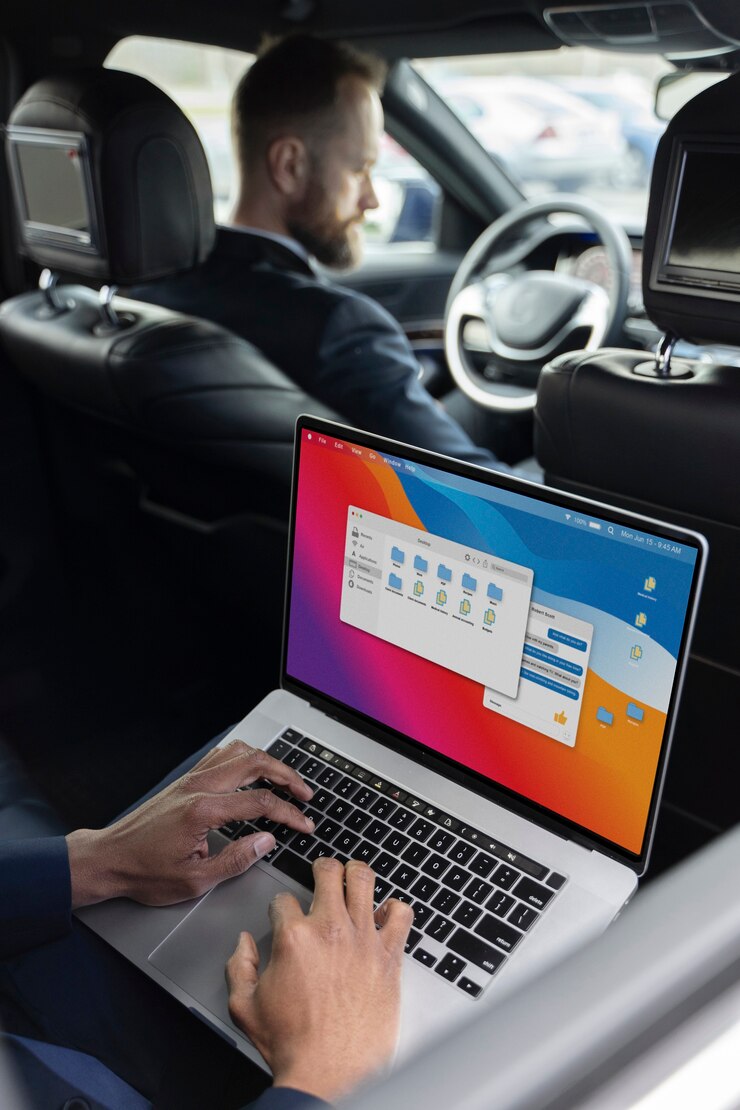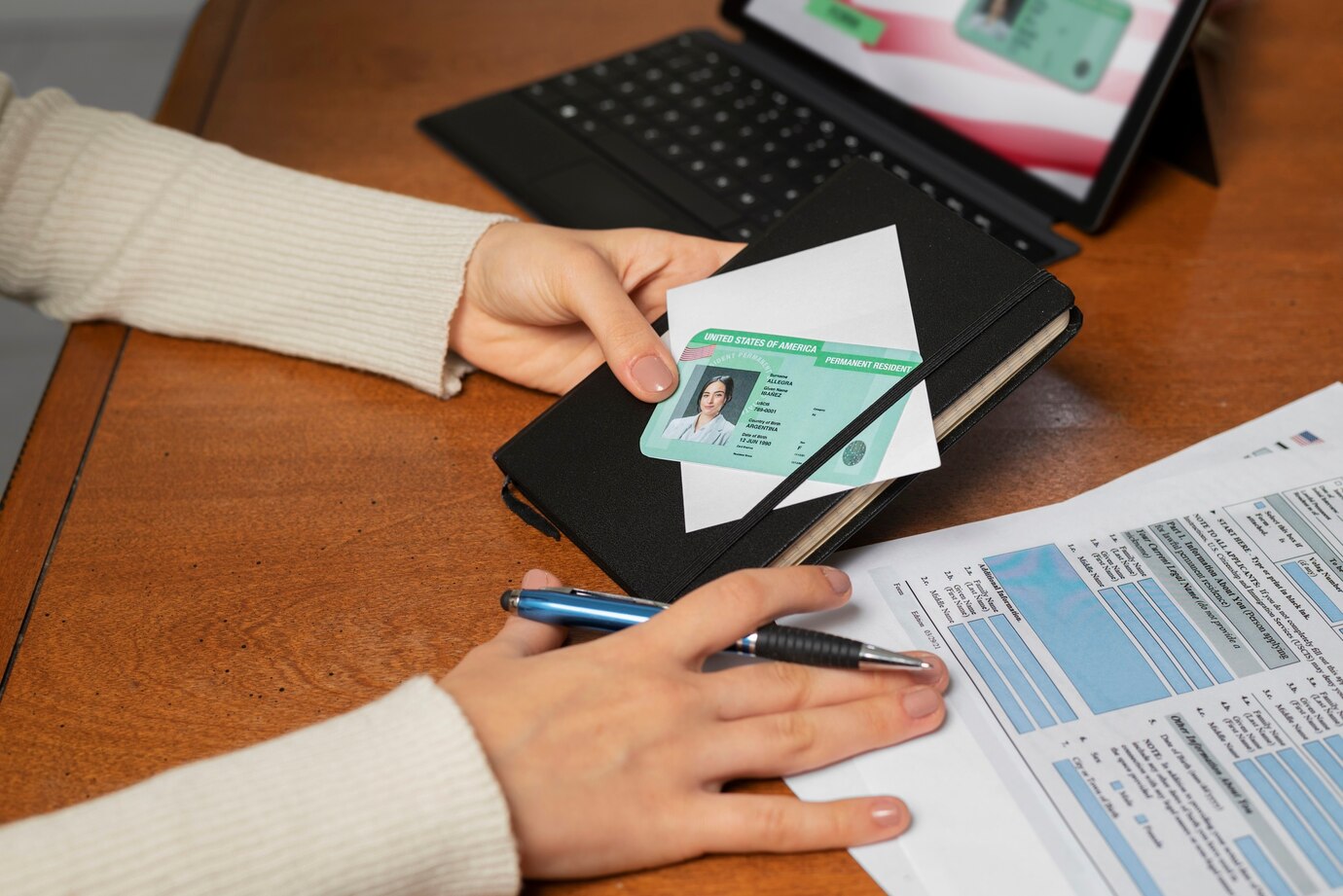Car Sale Fraud
Fraud in car sales is common on various platforms, including car websites, markets, and private ads. Scammers use different schemes to mislead buyers about the condition of the vehicle, its legal status, or the terms of the deal. Popular methods of fraud include concealing defects, selling financed cars, and fake contracts. Some sellers deliberately do not disclose serious technical issues, such as engine, transmission, or suspension problems, leading to significant financial losses after purchase.
Another common scheme is swapping original parts for cheap substitutes before selling. A car may appear to be in good condition during inspection, but soon after the deal, the buyer starts facing serious technical problems. As a result, the owner is forced to invest additional funds in repairs. Scammers may also present cars with replaced bodies as sound, which can later cause issues with registration at the traffic police.
Scams on Car Websites
Online platforms for car sales are actively used by scammers. They create ads with attractive prices, posing as honest sellers. Main fraud schemes include:
- Advance payment for a non-existent car. The seller asks to transfer money under the pretext of booking or transporting the car, then disappears.
- Duplicate ads. Scammers copy real offers and provide their contact information, suggesting a deposit be made.
- Fake intermediaries. Scammers pose as employees of car dealerships or logistics companies, convincing buyers to make an advance payment for car delivery.
- Cars with altered history. Often sold are cars that are stolen, involved in serious accidents, or used as taxis. They may be presented as "damage-free" and "clean," but this can be verified through official services.
- Sellers demanding advance payment before inspection. Sometimes fraudsters ask for a small deposit for the opportunity to be the first to view the car. After receiving the money, they stop communicating.
- Fake car documents. Sometimes cars listed as scrapped are sold with restored documents.

Fake Car Documents
The use of fake documents is a common scheme allowing scammers to sell cars with legal issues. They forge vehicle passports, registration certificates, and sales contracts. Common occurrences include:
- Documents for financed cars. The buyer acquires a vehicle that is pledged as collateral and faces bank claims.
- Fake vehicle passports. Visually, the document may appear authentic, but upon verification, data discrepancies are revealed.
- Cars with altered numbers. Sellers disguise stolen vehicles by changing identification numbers.
- Fake powers of attorney. Under the guise of a real deal, fake powers of attorney are issued, resulting in the buyer losing both money and the car.
- Altered data in documents. Sometimes scammers modify the VIN number or other data to hide the car's criminal history.
- Selling cars under fake sales contracts. This allows scammers to sell cars without legitimate ownership rights.

Used Car Scams
Purchasing a car on the secondary market carries risks of encountering fraud. Scammers use various tricks, including odometer rollback, hiding accident history, and manipulating technical conditions. Signs of potential fraud include:
- Suspiciously low price.
- Refusal of personal meeting and inspection.
- Demand for prepayment.
- Lack of original documents.
- Mismatch between seller information and document data.
- Rush in transaction processing and pressure on the buyer.
- Manipulations with diagnostic cards and fake technical inspection results.
- Inflated data in the ad – for example, significantly lower mileage than in reality.
- Unexpected presence of a "duplicate" vehicle passport, which may indicate that the car is pledged.

How to Avoid Car Scams
To avoid fraud when buying a car, it's important to follow safety measures:
- Check documents through official databases.
- Inspect the car in the presence of a specialist.
- Complete the transaction at the traffic police.
- Avoid advance payments.
- Be wary of offers that are too good to be true.
- Use professional car verification services.
- Request all documents, including service history and diagnostic cards.
- Check the car's history with traffic police, insurance companies, and court decisions databases.
- Do a test drive before purchase to check the car's technical condition.
- Study previous owners' data – frequent owner changes may indicate hidden problems with the car.

Following these rules will help minimize risks and purchase a car without unpleasant consequences.
 >
>